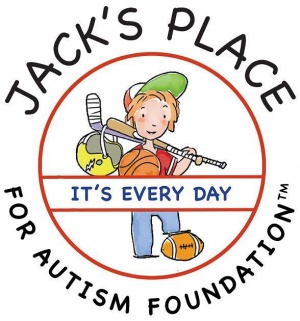Socializing is difficult for a lot of people. For people with autism, socializing is more than just difficult. For myself, socializing has been a nightmare and bliss. To this day, I would still say socializing is difficult, but I’m at an age where I am talking with people who understand what autism is. If you or someone you know with autism has a rough time socializing with others, here are some strategies you or someone you know could incorporate the next time they are socializing.
1. Establish forehead contact
Not physical contact, but staring contact. I learned this from my Jewish youth group advisor, who suggested it to me because I was nervous about speaking to new people. Eye contact is hard for people with autism, but the forehead is close to the eyes to where you can get away with looking at the forehead without the other person noticing. If you want to, try making contact with the eyebrows.
2. Rehearse, rehearse, rehearse
To the benefit of people who have autism, having a routine definitely helps. I remember when I had my first internship interview at Tanner Friedman Strategic Communications. For a solid three days, because I was nervous about talking to someone I would have just met via a Skype video chat, I rehearsed an elevator pitch – essentially a quick thirty second moment for you to tell them about yourself.
Take the idea of the elevator pitch and use it in social situations, as if it were a routine. It doesn’t have to be a job or internship interview in order for the elevator pitch to be effective. The key is to have something you can draw to when socializing with anyone.
3. If you’ve made a mistake, don’t fret – learn from it
Mistakes are always made in life. There are countless times where I’ve said the wrong thing or made someone mad. Yes, it was a mistake but to not learn from it means that you are willfully being ignorant of the mistake and as a result, you’ll repeat that mistake. If you say something that rubs someone the wrong way, take note of it. It’s those moments where make a mistake that will stick with you for a long time – not because it was embarrassing or bad, but because it taught you a lesson of where you were then and where you are now.
Growing up, socializing was difficult for me. With these tips, I was able to learn how I could make socializing easier and less stressful. Now, I pass these tips onto you, in hopes that you practice these or share them with someone you know.
